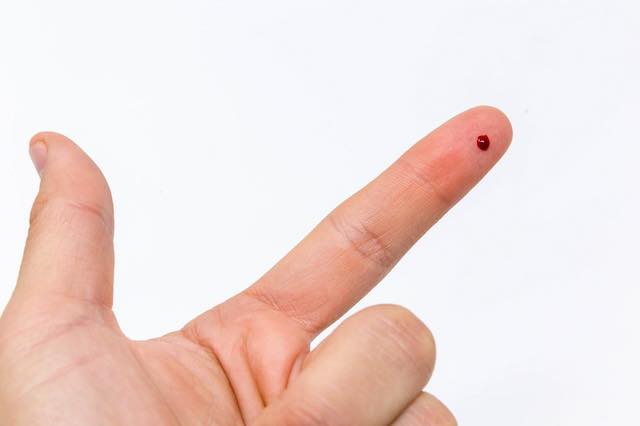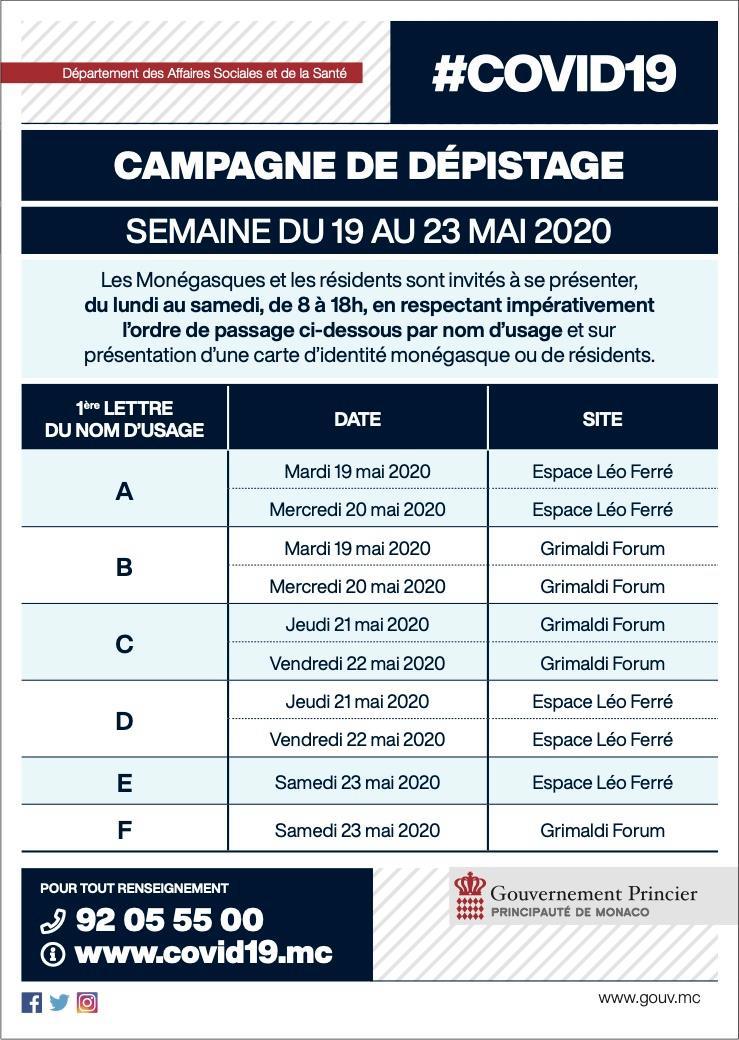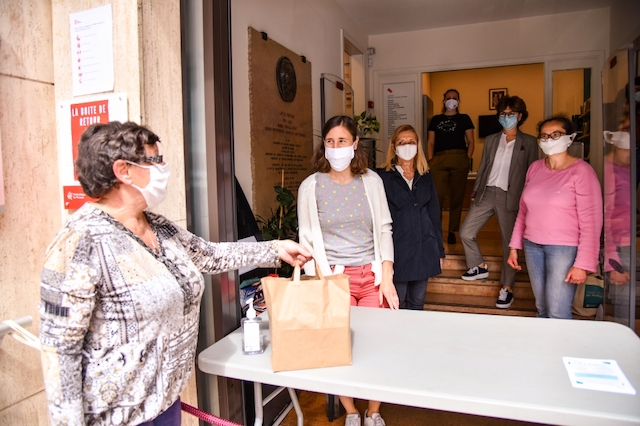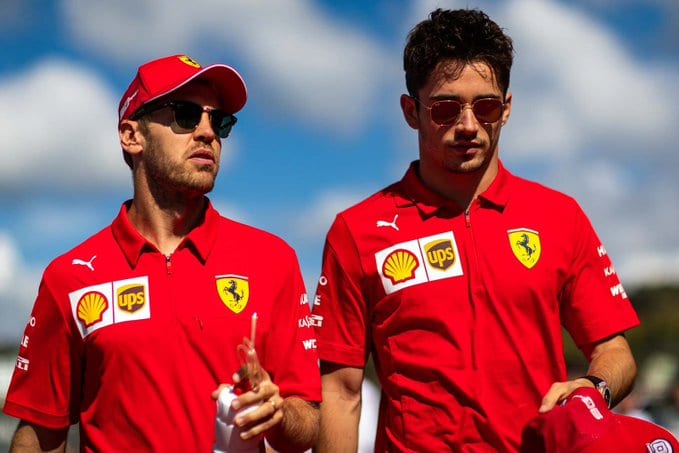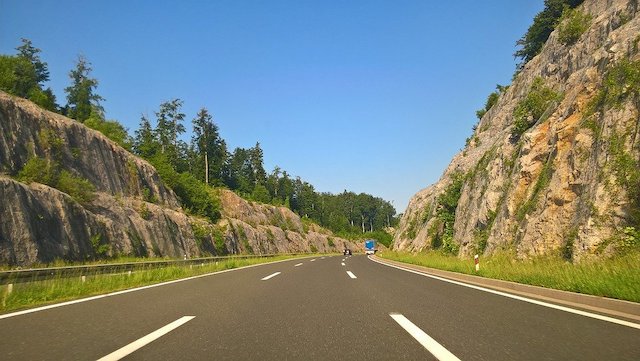From Tuesday 19th May, the government of Monaco will begin testing everyone in the Principality for Covid-19 who wish to be tested.
Monegasques and residents aged five and over are invited to appear at two testing centres, from Monday to Saturday, 8am to 6pm, according to the table below.
This unprecedented initiative is undoubtedly raising plenty of questions, so the government has attempted to provide some answers.
Who will be tested?
All residents and employees of the Principality who wish to do so will be able to benefit from a free test. In total, almost 90,000 people will be tested in the Principality.
Do I have to be tested?
No, the test is carried out on a voluntary basis. The Prince’s Government will first propose it to all residents and then to employees of the Principality.
How is the test taken and how will I be contacted?
A letter will soon be sent by the government to residents’ homes with details on how and where to get tested.
In order to facilitate the screening of families living under the same roof, members of the same family who wish to can go at the same time with their spouse and children. To be tested, the patient must fill out a document confirming their consent to be tested.
What type of test is performed?
The test is a serological test called Rapid Diagnostic Orientation Test (TROD), which involves taking a drop of blood at the fingertip. The test is not painful. There are no special precautions to take for the patient, and fasting is not necessary. The results are known after about 10 minutes.
What happens if the serological test is positive?
If the test is positive, the patient will be offered a blood test to confirm the first result. This blood test will be carried out in a laboratory on the prescription of a doctor from the test centre who will be on site. This blood test will also be paid for by the State. The results will be communicated after one or two days. If this second analysis confirms the patient’s positivity, they could then be asked to perform a PCR test if necessary.
If the blood drop test is negative, it means that the patient has never been in contact with the virus. There is therefore no additional step to take, except to respect the general health instructions such as physical distancing, wearing a mask and hand hygiene.
What is the PCR test?
The PCR is a test that takes a few seconds and can be more or less painful depending on the sensitivity of each person. To confirm or deny the presence of the virus, deep nasal cells are removed using a long cotton swab that is inserted into the nasal cavities, up to about 15 cm. It takes three to six hours to analyse a sample.
What is the difference between a PCR test and a serological test?
The PCR test is based on the detection of the virus genome, from a nasopharyngeal sample. It confirms whether the person, at the time of the test, is infected with the virus. The serological test searches for antibodies of classes IgM and IgG specific to SARS-CoV-2 in a blood sample. It makes it possible to define the immune status of a person, to know if they are immunised against the virus, even if they have not shown symptoms of Covid-19.
Where do serological tests take place?
The government will specify where each individual should go to get tested. Two sites in the Principality will welcome patients: the Grimaldi Forum and Espace Léo Ferré. There is no point in going there if it is not the day of your appointment. For organisational reasons and in order to limit the waiting time of patients, slots will be indicated for everyone.
Who pays for these serological tests?
The entire cost of the tests is borne by the State. Patients who would like to have more tests can contact a laboratory or a local doctor. These additional tests, which would not be organised or prescribed by the State, will then be at their expense.
Who will be administering the tests?
The serological tests will be taken by a team of school nurses, volunteers from the Monaco Red Cross and Fight Aids Monaco, as well as public personnel trained in screening. All examinations are conducted under the supervision of doctors from the Health Department.
How will I be informed of the result of the serological test?
The result is known after about 10 minutes, so you will receive your answer directly, in person.
Why test the whole population?
“We cannot stop this pandemic if we do not know who is infected,” says the government. “The objective is both to reassure the population of the Principality and to assess seroprevalence. That is to say the percentage of the population that has crossed or come into contact with the virus, in order to determine the circulation of the virus and the degree of natural immunity to this virus.
How is our personal information processed?
The Prince’s Government has assured that people’s anonymity will be preserved and the confidentiality of this medical information will be controlled by the CCIN.
Covid tests: all your questions answered
